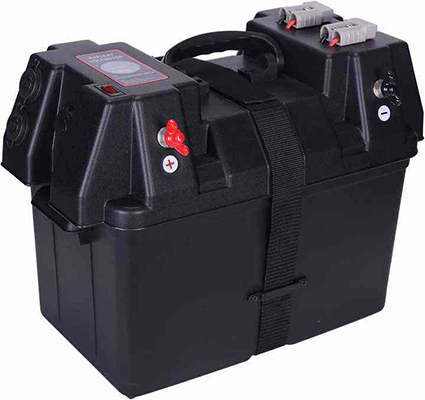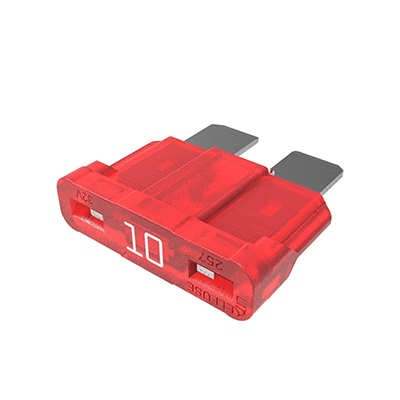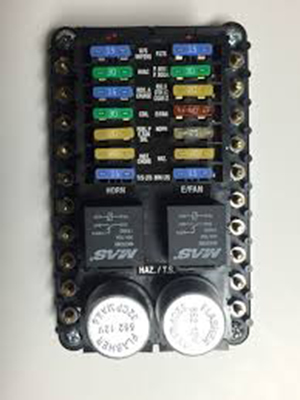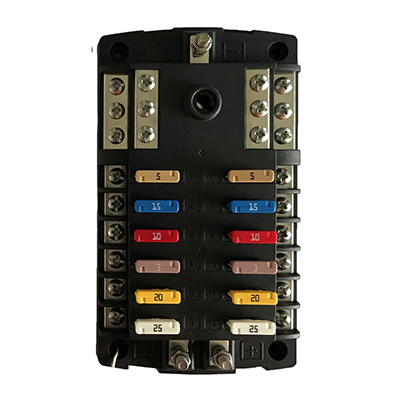Battery Box Solution for SUVs Ensuring Seamless Compatibility with Lithium-Ion Batteries in Today’s Automotive Industry
News 2025-10-27
The automotive industry is witnessing a significant shift towards electrification, with lithium-ion batteries becoming the cornerstone of modern vehicle power systems. For sport utility vehicles (SUVs), which demand robust energy storage to handle their size and performance needs, a specialized battery box is essential. This solution focuses on compatibility with lithium-ion batteries, offering a secure enclosure that protects against environmental factors, vibrations, and thermal fluctuations. By integrating advanced design principles, it supports the efficient operation of batteries in electric and hybrid SUVs, contributing to longer vehicle lifespan and reduced maintenance costs. This approach not only meets the rigorous standards of automotive engineering but also enhances the overall reliability of energy storage systems in daily use.

Performance Advantages
Lithium-ion batteries excel in energy density and charge efficiency, but their integration requires a battery box that maximizes these benefits. This SUV-specific design incorporates materials with high thermal conductivity to manage heat dissipation, preventing overheating during high-demand scenarios like off-road driving or rapid acceleration. The box’s structural integrity ensures minimal weight addition, preserving the vehicle’s fuel efficiency or electric range. Additionally, features like vibration dampening and corrosion resistance extend battery life, reducing the frequency of replacements. These enhancements lead to superior performance in real-world conditions, making the battery box a critical component for achieving optimal power delivery and safety in modern automotive applications.
Application Scenarios
In practical settings, this battery box finds utility across various SUV models used in urban commuting, long-distance travel, and recreational activities. For electric SUVs in city environments, it facilitates quick charging cycles and stable energy output, supporting features like advanced driver-assistance systems. In hybrid vehicles, the box enables seamless switching between power sources, enhancing efficiency during highway drives or towing heavy loads. Off-road enthusiasts benefit from its durability against impacts and moisture, ensuring reliable operation in adverse conditions. This versatility makes it suitable for both consumer and commercial fleets, where consistent performance under diverse stresses is paramount for safety and operational success.
Common Questions and Answers
1. What materials are used in the battery box construction?
It uses lightweight aluminum alloys and composite polymers for strength and thermal management.
2. How does this battery box handle extreme temperatures?
Incorporated cooling fins and insulation materials regulate temperatures, maintaining battery efficiency in both hot and cold climates.
3. Can it be retrofitted to existing SUVs?
Yes, with minor modifications, it can be adapted to many modern SUV models to upgrade lithium-ion battery systems.


